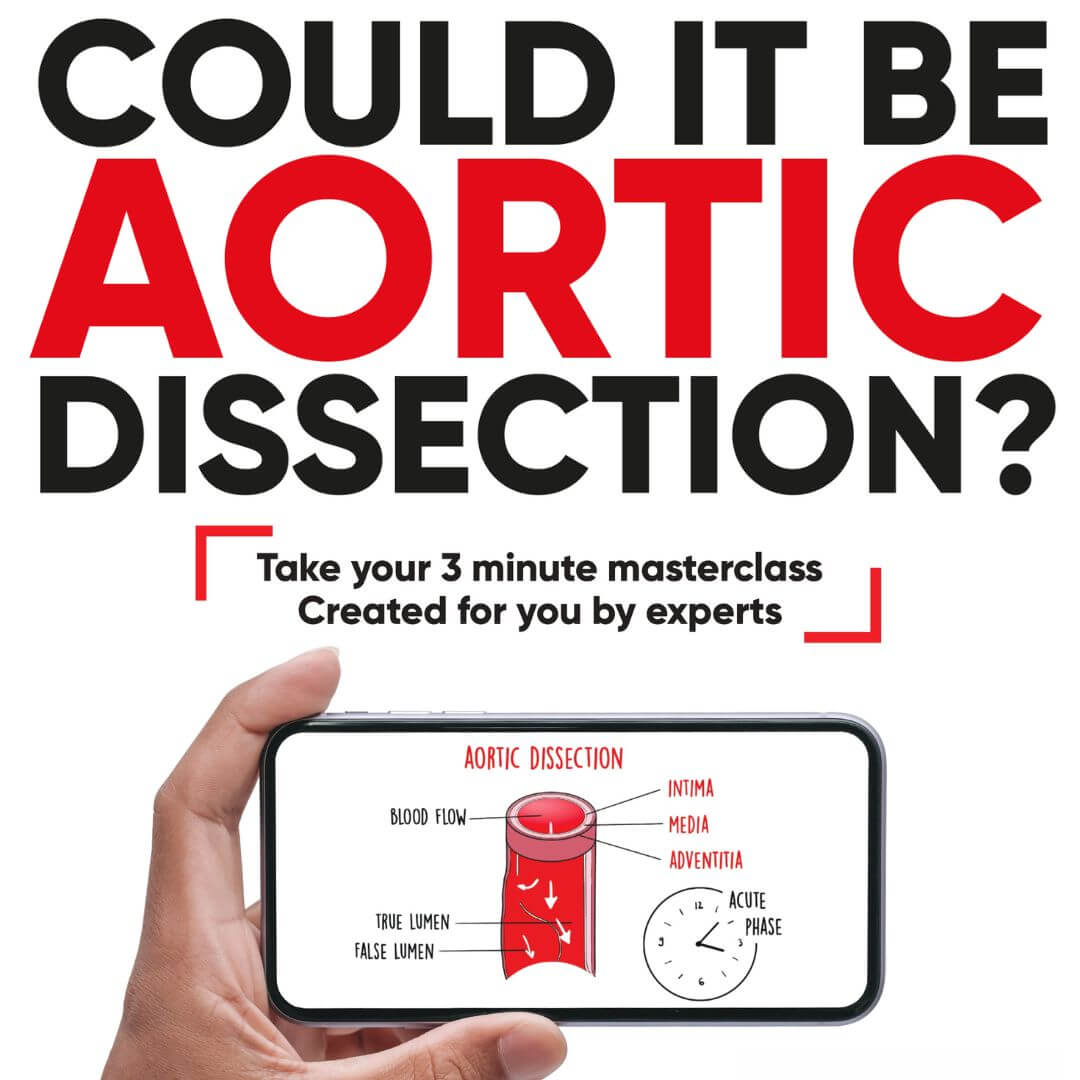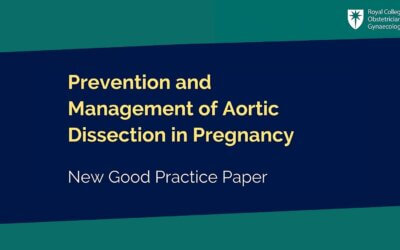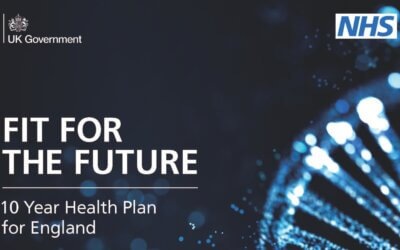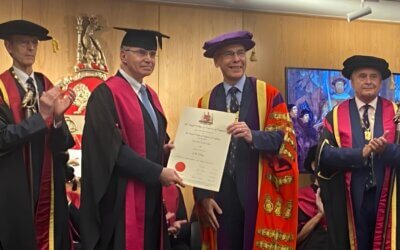Funded by The Aortic Dissection Charitable Trust and led by Professor Julie Sanders at King’s College London, the Sex-Specific Outcomes and Health-Related Quality of Life After Aortic Dissection project is set to play a leading role in a crucial advance in the understanding of life after aortic dissection. While aortic dissection remains a life-threatening emergency, survival rates following surgery have markedly improved. Patients can now expect survival rates of over 80% at eight years post-operation. But despite these promising statistics, we still know very little about what life is like after surgery.
The Overlooked Impact of Aortic Dissection
This project sought to seek patient and carer views on addressing significant and longstanding gaps in the evidence base relating to health-related quality of life (HRQoL), mental wellbeing, and the psychosocial effects of aortic dissection, which remain poorly understood. This is particularly true in the context of sex-specific outcomes. Despite aortic dissection affecting both sexes, women remain underrepresented in research. Women comprise only about one third of study participants overall, and less than 30% of those enrolled in HRQoL studies. Some studies suggest that women face poorer recovery outcomes, experience higher levels of psychological distress and encounter greater difficulties reintegrating into work and family life.
These disparities point to a clear need for a different kind of research: one that listens first and foremost to the people who have experienced aortic dissection and its aftermath. From the outset, the King’s College team made Patient and Public Involvement (PPI) the cornerstone of their approach. Their aim was to include patient voices and let those voices lead the way in shaping the research priorities.
How Patients Shaped the Research
The project began with an open webinar early in 2025, welcoming individuals affected by aortic dissection to share their stories, insights and challenges. The response was powerful. Across a range of experiences, from emergency surgery to long-term recovery, participants spoke of feeling isolated, unprepared, and often misunderstood. Insights from the webinar directly led to the creation of a dedicated Patient Panel, composed of twelve individuals who worked closely with the research team over several months to refine the themes into three core areas for further investigation.
Co-Producing Research with Those Who Know It Best
What sets this project apart was the way in which it centred on lived experience. As Professor Sanders reflected:
“We really felt the impact of listening to your lived experiences and feel a huge responsibility to make sure we do the work justice.”
Every research theme was developed through deep discussion with those most affected, and the research team made space to listen with openness and humility.
Nathalie, a member of the Patient Panel and survivor of an acute type A dissection, shared her reasons for getting involved:
“I needed to voice my concerns and struggles about support and care during the recovery journey. I wanted to influence the team to prioritise research based on real, day-to-day experience, not just theory or assumption.
It made me feel that my struggles were not only pain, but they were also now used to help improve things in the future for other survivors… It made me feel that my voice mattered.”
Her comments reflect a broader perspective shared by many on the panel. Patients are not merely subjects of research; they are partners in it. They bring crucial knowledge about gaps in care, unspoken fears, and what meaningful recovery really entails. Their involvement ensures that research addresses the questions that matter most, in ways that are relevant and respectful.
The value of this co-production approach cannot be overstated. It strengthens the research, enhances its relevance, and ensures that the findings will be better positioned to drive change in clinical practice. As Katherine, another panel member remarked:
“We’ve provided lots and lots of evidence, it’s very complex and scattered, but what you’ve been able to achieve is to bring out some themes and identify work that could actually make a difference.”
By embedding lived experience at the centre of its design, this project sets a new benchmark for aortic dissection research. It has demonstrated how patient stories, when carefully listened to, can become the foundation for meaningful and impactful investigation. The next stage will involve securing funding to carry the proposed studies forward, but thanks to the commitment of patients, carers, and the research team alike, that journey is already off to a strong and inspiring start.




